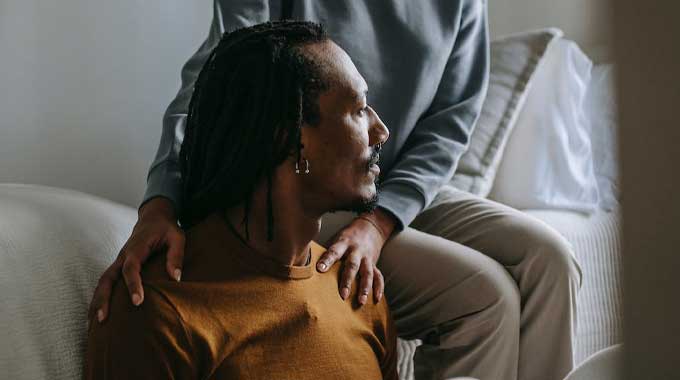It was shocking to read a recent article based upon the growing epidemic of senior citizens with drug and alcohol addictions. I have always thought of the elderly as content, upstanding people heavily focused on their families and grandchildren. In my mind they all sit in comfortable pajamas watching reruns of old black and white TV shows while drinking warm milk or hot tea. It seems that this warm fuzzy picture of the elderly community is the opposite of what is truly happening to large numbers of senior citizens in this country.
It has been estimated by SAMHSA that by the year 2020, the amount of senior citizens in need of drug and alcohol abuse treatment will skyrocket from 1.7 million in 2003 to 4.4 million across the country.
James Neumann, CEO of Cornerstone of Southern California stated, “Approximately 17% of senior citizens have alcohol or drug related problems and are in need of treatment.”
This increase in numbers is due in part from the Baby Boomer generation born between 1946 and 1964 who are entering into their retirement years carrying with them their own ideas and feelings towards drugs. These people experimented with drugs and alcohol in their 20’s and 30’s more than previous generations and seem to have become more at ease with drugs and alcohol than their parents were.
What types of substances are the elderly using? There seems to be a high rate of prescription drug use, especially vicodin and oxycontin, while they also still enjoy beer, wine and cocktails. There are many who partake in ‘street drugs’ like marijuana and heroin.
One problem concerning this elderly group of addicted people is that their bodies do not process the drugs and alcohol as efficiently as they did when they were younger. While 2 stiff drinks elicited a light buzz when the individual was 25, now at 65 those same 2 drinks can have a much more profound effect.
Another large issue is that seniors are often on a large number of prescription drugs – which may interact negatively with drugs and alcohol.
The more pointed question is why are seniors getting high and drunk more in their twilight years? The answer: boredom, loneliness and depression in most cases are the culprits. Loss of their spouse or other family members, loss of their employment and the new monotony of elderly life can contribute to these feelings. Using drugs and alcohol is an escape mechanism for these senior citizens.
Click here If you are looking for rehab in Orange County
Drug addiction issues in the elderly population can be hidden from the public eye quite easily. As retired individuals they don’t miss work and many of them live alone without a partner to notice the abuse of drugs and alcohol.
Even health care professionals regularly misdiagnose substance abuse problems in the elderly. One of the primary symptoms of addiction is memory loss and health care professionals routinely miss the root cause of the memory loss and attribute it to ‘old age’. Slip and fall accidents are also common in the elderly and can be a result of substance abuse issues but are also commonly attributed to ‘old age’.
To top is all off it is very difficult to get senior citizens into voluntary drug treatment.





